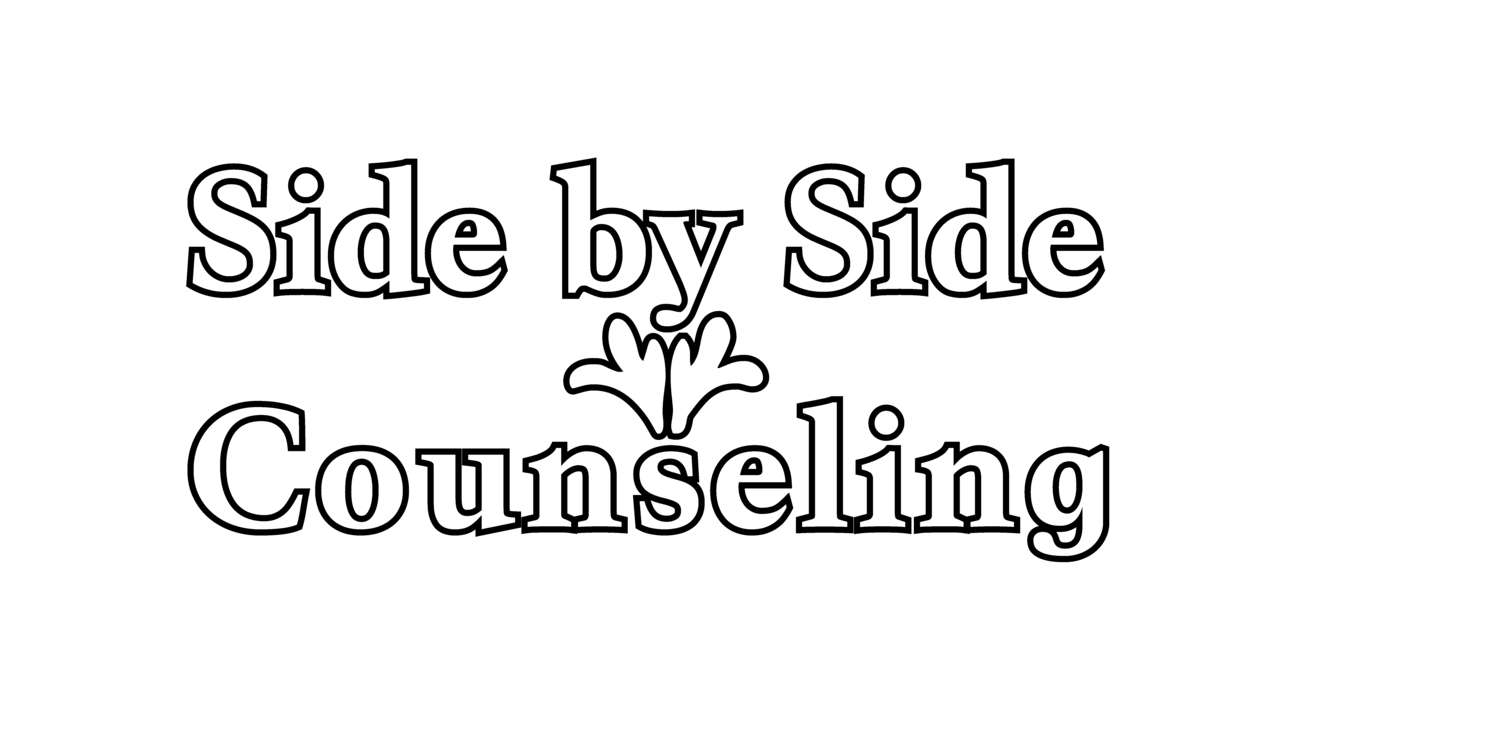Puzzles
March 23, 2020
It’s puzzling how much a puzzle can nurture us during rough times. They’re just games, right? We take them for granted, but they’re a remarkable aspect of our culture. They’re relaxing, cooperative, challenging, solution-focused, pervasive, and inexpensive or free. They can be done anywhere and anytime, without disrupting those around you. You can choose and adjust levels to make the puzzles more or less challenging. You can find various types of puzzles on free apps or websites, or order them online. You can do the same jigsaw puzzle many times and it never loses its appeal. You can find inexpensive books of crossword puzzles and word-finds in supermarkets.
Puzzles are low-stakes: we choose them and can control when, where, and how we complete them. Even if we get really stuck, we can quit — or with some types of puzzles, cheat — and there’s no harm done. When he was young, my son once solved a Rubik’s Cube by taking it apart square by square and putting it back together with the colors aligned. He solved the problem from a mechanical versus a mathematical perspective. Why not?
The current pandemic is a puzzle still being worked on, which can feel scary and uncertain. When events are out of our control, it’s helpful to find smaller ones over which we do have control. When we’re stuck indoors, it’s helpful to have concrete things to do. When we’re in a crisis situation, it’s important to stay level-headed, solve problems with others, be patient, and maintain perspective. By focusing the mind on a concrete problem, and asking us to think creatively, puzzles can paradoxically be a solution.
This blog post originally appeared on the Carthage College website. It has been republished with permission.
